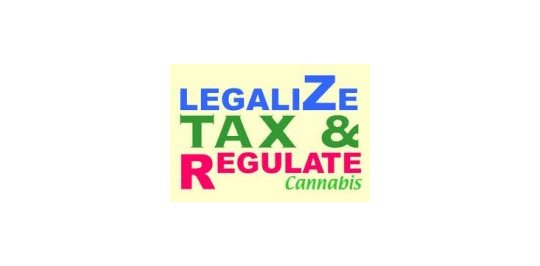lefigaro.fr avec Reuters
20/09/2011 | Mise a jour : 06:58
Le président mexicain Felipe Calderon, qui s’est lancé dans une guerre contre les narcotrafiquants, a souligné hier qu’une large partie du problème se trouvait aux Etats-Unis et suggéré qu’une légalisation des drogues pourrait être nécessaire pour affaiblir les cartels. Le Mexique, a-t-il dit, paie au prix fort sa proximité géographique avec les Etats-Unis et ses consommateurs de substances illicites.
"Nous vivons dans le même immeuble. Et notre voisin est le premier consommateur de drogues au monde. Et chacun veut lui vendre de la drogue en passant par nos portes et nos fenêtres", a-t-il dit lors d’un discours devant l’Americas Society de New York.
"Nous devons tout faire pour réduire la consommation de drogues. Mais si elle ne peut être limitée, alors les décideurs devront rechercher d’autres solutions - y compris des alternatives de marché - pour réduire les revenus astronomiques des organisations criminelles", a-t-il poursuivi. Calderon, qui a mobilisé l’armée contre les cartels peu de temps après sa prise de fonctions, fin 2006, n’est pas entré dans le détail de ces "autres solutions". La guerre contre les cartels et les violences liées aux trafics de narcotiques ont fait plus de 42.000 morts au Mexique.
Article original de l’Agence Reuters
Reuters
September 20, 2011
Mexico president hints legalizing drugs may be needed
By Dave Graham
NEW YORK (Reuters) - Mexican President Felipe Calderon on Monday turned up pressure on the United States to curb demand for illicit drugs, hinting that legalization of narcotics may be needed to weaken the drug cartels.
Mexico, which has been racked by a bloody conflict between the government and drug cartels, is paying the price for its proximity to the United States, Calderon said in a speech to the Americas Society and Council of the Americas in New York.
"We are living in the same building. And our neighbour is the largest consumer of drugs in the world. And everybody wants to sell him drugs through our doors and our windows," he said.
"We must do everything to reduce demand for drugs," Calderon added. "But if the consumption of drugs cannot be limited, then decision-makers must seek more solutions — including market alternatives — in order to reduce the astronomical earnings of criminal organizations."
He did not go into more detail, but the remarks appeared to be a softening of Calderon’s attitude towards state regulation of the market for drugs, which could curb the power of the cartels by taking away their profits.
Sixteen U.S. states and the District of Columbia have allowed the use of medical marijuana but the federal government does not recognise their authority to do so and considers the dispensaries illegal.
Marijuana is becoming the drug of choice among young adults in the United States and the use of methamphetamines and cocaine is waning, according to a recent national survey.
In Mexico, Calderon sent in the army against drug gangs shortly after taking office in late 2006. The government has captured many cartel leaders, but the surge of violence the conflict sparked has since claimed more than 42,000 lives.
The killings have hurt support for Calderon’s conservative National Action Party, or PAN, which faces an uphill struggle to retain power in presidential elections in July 2012.
Calderon, who is barred by law from seeking a second term, has said previously he is open to discussing drug legalization, but repeatedly stated he did not believe it was the answer.
Mexico last month suffered one of the worst atrocities of the war when 52 people died in an arson attack by suspected cartel members in a casino in the northern city of Monterrey.
The United States has backed Mexico’s efforts to beat down the cartels, but the violence has at times strained relations between the two trading partners.
Calderon turned on Washington after the Monterrey attack, accusing the U.S. government of not doing enough to put an end to the drug consumption from which the gangs profit.
(Editing by Christopher Wilson)

